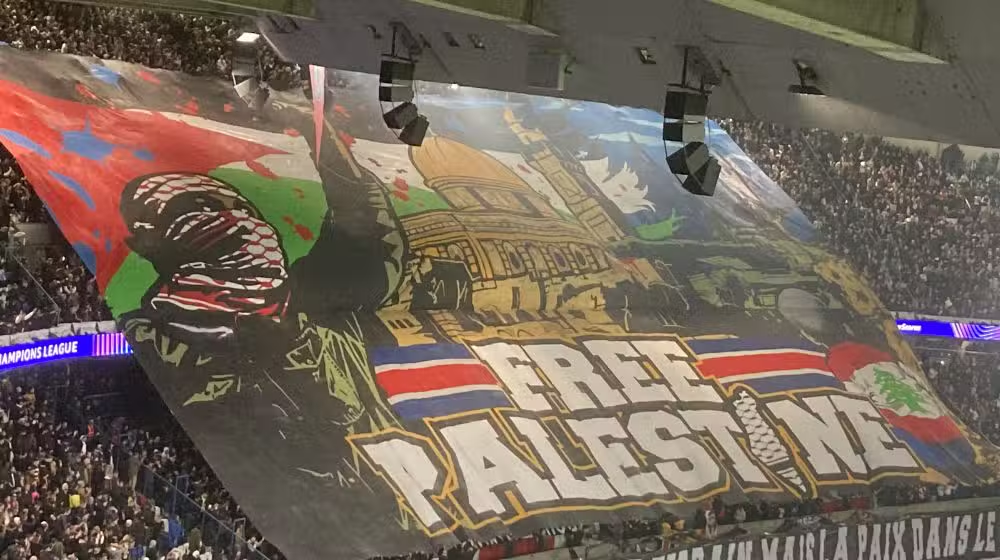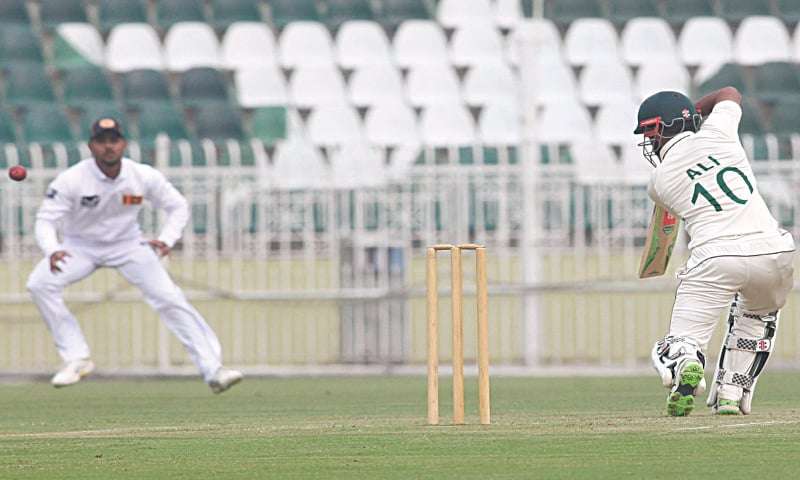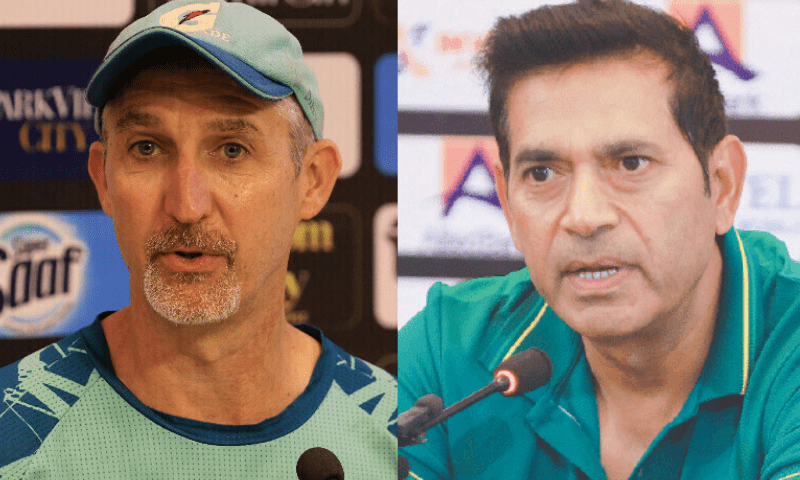Introduction
In a dramatic and powerful display of political expression, fans of Paris Saint-Germain (PSG) unveiled a massive “Free Palestine” banner at Parc des Princes ahead of their Champions League match against Atletico Madrid. This action has drawn attention both locally and globally, as it connects the ongoing geopolitical situation with the world of football. The unveiling of the banner comes at a time of heightened tensions in the Middle East, as PSG’s supporters, the Boulogne Kop, used their platform to make a statement about the ongoing humanitarian crisis in Gaza.
The Event and Display of Solidarity
On Wednesday evening, ahead of the highly anticipated Champions League fixture, PSG’s fan group, the Boulogne Kop, displayed a bold and politically charged banner. The phrase “Free Palestine” was emblazoned across the stand, a message that resonated with fans worldwide, highlighting the club’s supporters’ solidarity with the Palestinian cause.
In addition to the banner, the fans also unveiled another message that posed a poignant question: “Does a child’s life in Gaza mean less than another?” This question draws attention to the devastating toll the ongoing conflict is having on innocent civilians, particularly children, in Gaza.
Political Statements in Football Stadiums
This event marks a significant moment of political activism within football stadiums, a trend that has gained traction in recent years. Football fans have increasingly used their positions to amplify political causes, raising awareness on important global issues. The display at Parc des Princes was not limited to the message of Palestine, however. It also carried a call for peace, with one of the banners reading: “War on the pitch, but peace in the world.”
A Symbol of Solidarity and Peace
The banners did not only focus on the issue of Palestine. The display also featured an image of the Al-Aqsa Mosque, one of Islam’s holiest sites, along with the Lebanese flag. This added a layer of meaning, as tensions between Israel and Lebanon have escalated, with Israel launching airstrikes on eastern Lebanon, resulting in significant casualties.
The message of peace was clear: the fans were not only condemning violence but also calling for a global ceasefire. The use of football as a medium to advocate for peace resonates deeply in a time when sport, politics, and global conflicts often intersect.
PSG’s Official Response
Despite the powerful display from its supporters, PSG was quick to distance itself from the political messaging. The club issued a statement clarifying that they had not been informed about the planned display. PSG emphasized that the Parc des Princes stadium should remain a place of communion around the shared passion for football, not a platform for political statements.
“Paris Saint-Germain recalls that the Parc des Princes is and must remain a place of communion around a common passion for soccer and firmly opposes any message of a political nature in its stadium,” the club’s statement read.
This response from PSG reflects the club’s stance on maintaining the integrity of sport as a neutral ground for enjoyment, free from political divisions. However, this has raised debates about the role of football clubs in controlling or distancing themselves from fan activism.
Similar Activism in European Football
The display at PSG is not an isolated incident. European football stadiums have increasingly become arenas for political statements. A notable example occurred in the previous year when Celtic FC fans waved Palestinian flags during a Champions League match. This action led to a fine of €17,500 imposed on the club by UEFA. This incident raised important questions about the boundaries between sport and politics, and how clubs and governing bodies should handle political expressions from supporters.
These incidents highlight the ongoing debate within the world of sport: How should football clubs and their governing bodies respond to political activism in stadiums? While some clubs have chosen to remain neutral, others have supported their fans’ right to make political statements, which has created tensions with governing bodies like UEFA and FIFA.
The Global Impact of Football on Political Causes
Football, being one of the most popular and globally watched sports, has the unique ability to bring attention to issues of social and political importance. The “Free Palestine” banner at PSG is a stark reminder of this power. As a sport that unites millions of fans across the globe, football provides a platform for those who wish to raise awareness about issues that matter to them.
In this case, PSG’s fan base used their position to highlight the suffering of civilians in Gaza, urging the global community to pay attention to the ongoing humanitarian crisis. The juxtaposition of sports and activism is a powerful tool for fostering dialogue and bringing attention to causes that may otherwise be overlooked.
France and Israel: A Tense Political Climate
The timing of this display is particularly significant as it comes just days before France is set to face Israel in a Nations League match. The game will be played at the Stade de France in Paris, which has been a focal point for discussions about safety and security, given the current geopolitical tensions.
While France is gearing up for the Nations League clash, there are significant concerns about the potential for political unrest or violence. The clash of football and politics is evident as tensions continue to rise in the Middle East, with the situation in Gaza and Israel remaining a point of contention.
Comparing to Belgium’s Decision on Israel
In contrast to France’s decision to proceed with the match, Belgium took a different approach when dealing with Israel. Belgium recently decided to move their Nations League match against Israel to Debrecen, Hungary, due to safety concerns related to the ongoing conflict. This decision highlights the delicate balance that sports organizations must maintain when dealing with sensitive political issues, especially when the safety of fans and players is at stake.
Belgium’s decision to relocate the game underscores the growing security concerns that are being taken into account by national football associations and governments. With France set to host Israel in a few days, the country’s authorities will need to closely monitor the situation to ensure the safety of all involved.
The Role of Football in Shaping Public Discourse
Football clubs, players, and fans all play a role in shaping the global discourse surrounding social and political issues. While clubs like PSG may take a neutral stance, fans are increasingly using their platforms to bring attention to causes that are important to them. This activism can sometimes clash with the desires of football organizations to keep the sport free from politics, creating a complex dynamic.
As the world becomes more interconnected, the lines between sport and politics continue to blur. Football, with its massive global reach, will likely continue to be a battleground for activism, where fans use their voices to demand change and raise awareness for the issues that matter most.
Conclusion
The “Free Palestine” banner at PSG’s Champions League match against Atletico Madrid was a powerful statement from the club’s fan base, using their platform to raise awareness about the ongoing situation in Gaza. While PSG itself distanced itself from the political message, the incident serves as a reminder of football’s role in global activism. As the intersection of sport and politics becomes more pronounced, football fans will continue to use their positions to advocate for social and political causes.
FAQs
- What did the “Free Palestine” banner at PSG symbolize? The banner was a statement of solidarity with the Palestinian people, particularly highlighting the ongoing humanitarian crisis in Gaza.
- Why did PSG issue a statement about the banner? PSG distanced itself from the political message, emphasizing that the Parc des Princes should remain a neutral space for football, free from political statements.
- Has political activism been seen in other football stadiums? Yes, other clubs, such as Celtic, have also seen political activism, with fans displaying Palestinian flags in the past.
- What is the significance of the timing of the PSG display? The banner was unveiled just days before France’s Nations League match against Israel, a time of heightened political tensions in the Middle East.
- What steps are football organizations taking regarding political displays? Football organizations are increasingly faced with the challenge of balancing fan activism with the desire to keep sport free from politics, often leading to fines or other actions.



